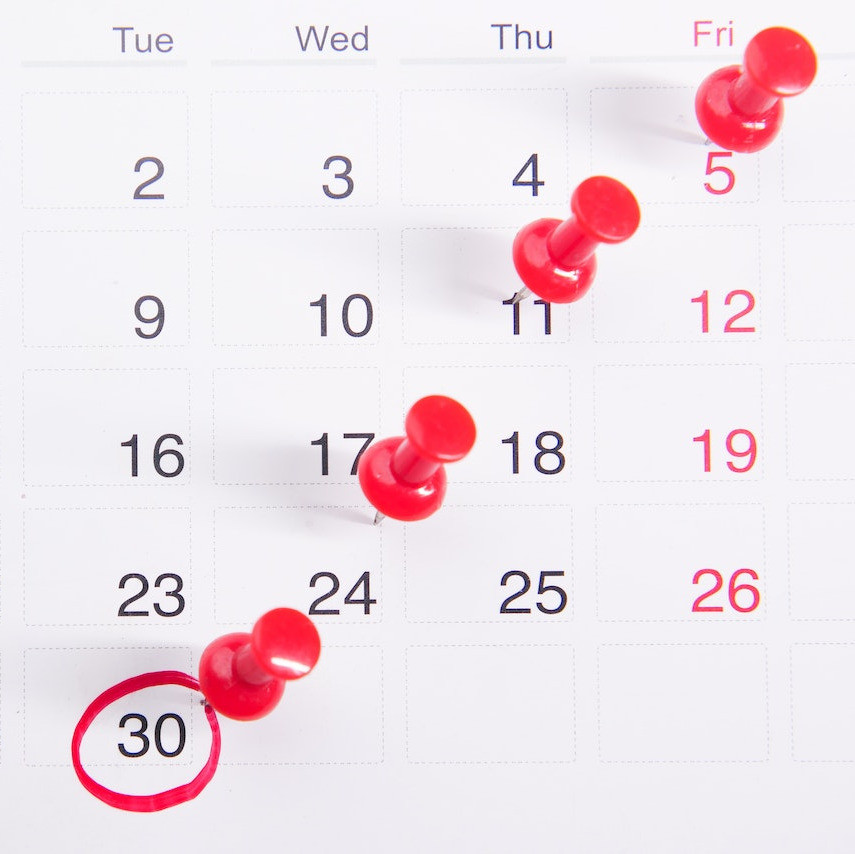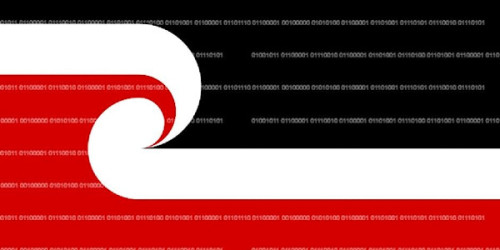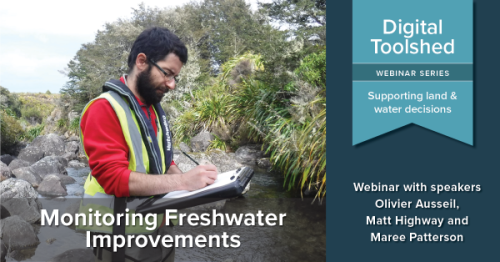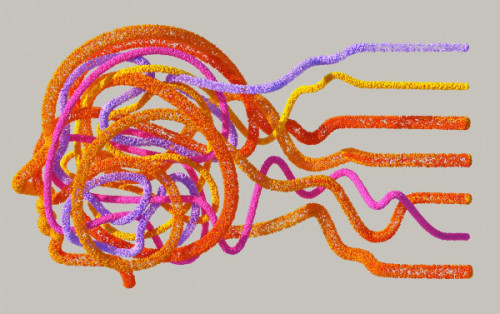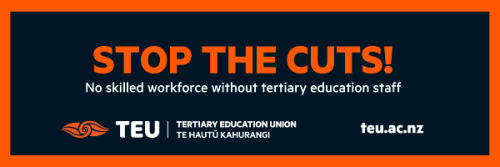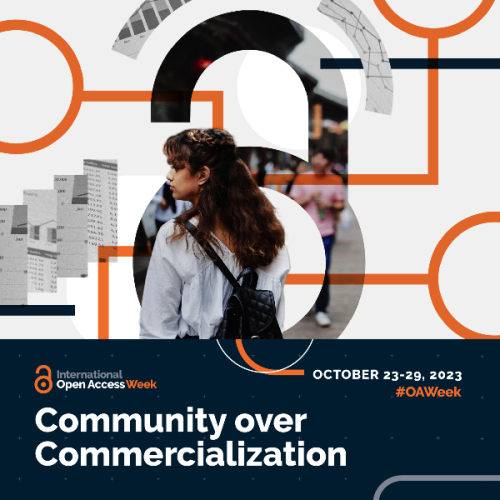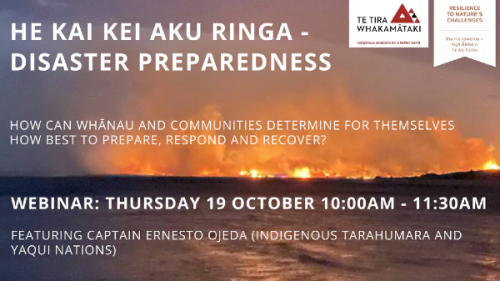This account only adds things to the events calendar. If you want the events this account adds to show up in your timeline, just click the follow button.
Webinar host Karaitiana Taiuru talks with Tangata Tiriti Rob Elshire about his journey over decades setting up sovereign computers and data storage facilities including his own data centre on his business premises. Rob will de myth the notion that we need Microsoft and other commercial software to use computers. By the end of this session, you will be more knowledgeable at setting up home and community computers and data centres for a fraction of the cost, while implementing Tino Rangatiratanga!
Open Access publishing uses Creative Commons licences, but what are they exactly and what are the differences between them? Learn how to reuse other people’s CC work without violating copyright, and how to make your own images, diagrams, maps, and writing available for others to legally share and reuse – in teaching materials, textbooks, or Wikipedia articles.
Register here:
The concept of enshittification has captured global attention, illustrating the declining user experience with digital products over the past decade. It outlines a pattern where tech giants first offer great products, then turn users into commodities for high-paying business clients, and finally squeeze these clients to maximize profits. Is this just an inevitable outcome of neoliberal capitalism on the internet, or a result of specific cultural and technological trends of the 2000s and 2010s? Drawing on his knowledge of tech history and Silicon Valley insights, Mark Rickerby delves into the causes of enshittification, explores potential optimism for the internet's future, and discusses how we can build a thriving alternative ecosystem of digital products.
This is a Bar Talk by Mark Rickerby. More details at the link below.
The New Zealand Association of Scientists is joining with panellists from across the research system to take a look back at the last four years of the Te Ara Paerangi research sector reform programme. What did we gain from Te Ara Paerangi? What did we learn about the possible futures of our research system as envisioned by researchers across the motu? And how can we as a sector ensure that we keep our attention and advocacy focused on the change we want to see?
Start times vary based on location. You can find out more about the location near you here.
Rethinking the land around cities can tackle both our food and housing crises.
This webinar will share research showing that we could improve our food, housing and wellbeing all at the same time by making the fertile whenua surrounding our cities more productive in sustainable ways.
For more information and registration see the link below.
Disparities in outcomes and access for health conditions (such as cardiovascular illnesses, neurological disorders, and musculoskeletal diseases) are common to New Zealand, Canada, and other countries that have large, sparsely populated geographies alongside metropolitan areas, increasing socioeconomic inequality, and a disastrous history of colonisation of indigenous peoples. Identifying geographic accessibility to care is a key contributor to illuminating inequities in health. The geospatial 3-step floating catchment area (3SFCA) method is well suited to examining accessibility across both rural and metropolitan areas like those found in countries such as New Zealand and Canada. This method can integrate demographic variables to gain a more granular view of where mismatches lie between health care supply and health demand.
For more information and to register see the link below.
This webinar will give an outline of the research programme, and how to use the WebApp.
For details and registration see the link below.
This massive online open course (MOOC) is starting soon. Anyone can take this course. See below for details and sign up. The related course material is available here on github.
This was brought to our attention by Marie Moinet at the most recent Palmerston North Bioinformatics meeting. Thanks Marie!
She found out about it in this Nature Career Guide article. More good stuff in that.
Via the TEU:
Tomorrow Thursday 2 November union members will be addressing the University Council by Zoom at the ‘Open Forum’ part of the University Council Online Meeting, all members are invited to join by Zoom in support and solidarity.
Part l of the online meeting commences at 9.00am, and Open Forum will arise on the agenda at approximately 9.10am – we recommend members observing join at 9AM, and the Open Forum should conclude no later than 10AM (but likely earlier).
All members are invited to attend this (online) to show solidarity with union members speaking up to Council. You can set the “stop the cuts” email banner as a background, or even have a more creative zoom background or name at the meeting.
The information for those that wish to attend Part 1 of the meeting:
- Any staff member, student, or member of the public can attend Part 1 of the University Council meeting
- Follow this Zoom link to access the meeting: https://massey.zoom.us/j/89911127180?pwd=eENPR1lURWdOa0k4VjkwQWorYVRsQT09 and/or contact Christabelle Marshall at Governance@massey.ac.nz or C.Marshall2@massey.ac.nz for access information
- The Part I Council Agenda is also available on the Massey website here.
Please find information on public participation at Council meetings on the Massey website here.
Open Access Week 2023 is an opportunity to join together, take action, and raise awareness around the importance of community control of knowledge sharing systems.


